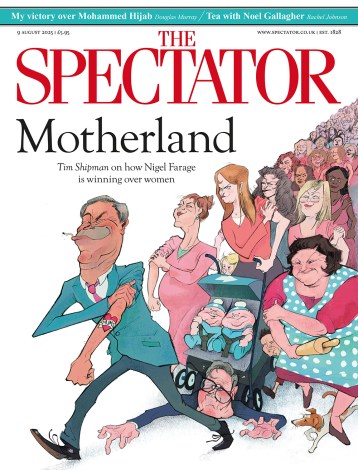Bruising times
In a market town in Kent at the time of Thatcher’s Britain, Charles Pemberton attends the town’s minor public school where his businessman father is a governor. In a market town in Kent at the time of Thatcher’s Britain, Charles Pemberton attends the town’s minor public school where his businessman father is a governor. Back










